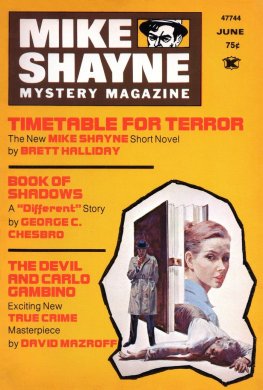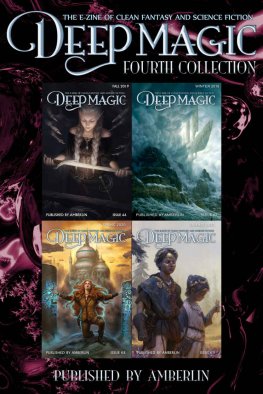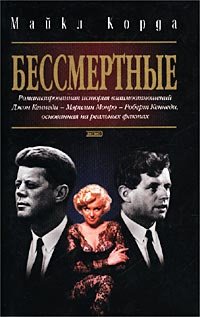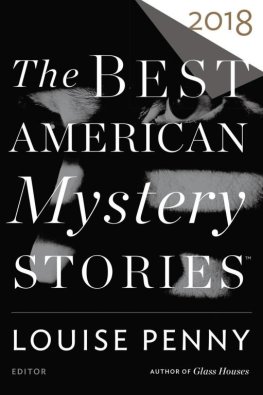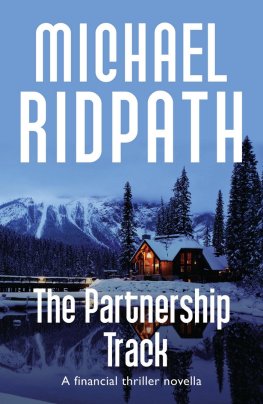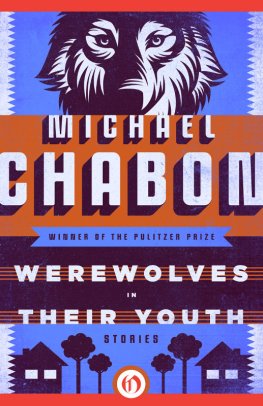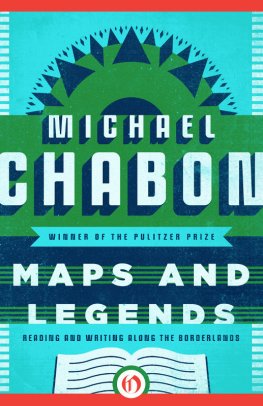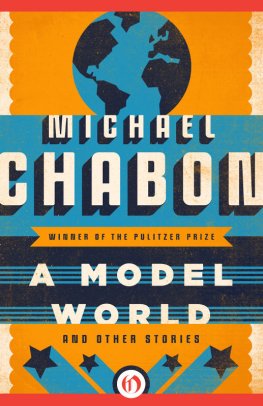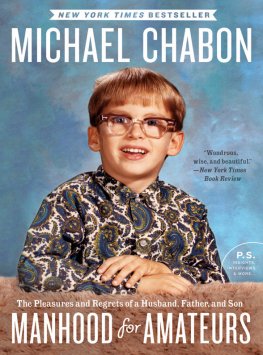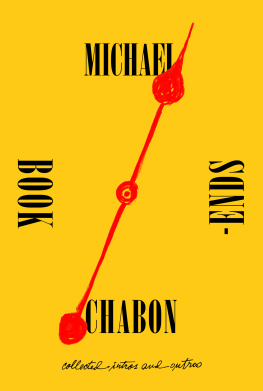Majkl CHabon - Along a Frontage Road
Here you can read online Majkl CHabon - Along a Frontage Road full text of the book (entire story) in english for free. Download pdf and epub, get meaning, cover and reviews about this ebook. year: 2001, genre: Prose. Description of the work, (preface) as well as reviews are available. Best literature library LitArk.com created for fans of good reading and offers a wide selection of genres:
Romance novel
Science fiction
Adventure
Detective
Science
History
Home and family
Prose
Art
Politics
Computer
Non-fiction
Religion
Business
Children
Humor
Choose a favorite category and find really read worthwhile books. Enjoy immersion in the world of imagination, feel the emotions of the characters or learn something new for yourself, make an fascinating discovery.

- Book:Along a Frontage Road
- Author:
- Genre:
- Year:2001
- Rating:4 / 5
- Favourites:Add to favourites
- Your mark:
- 80
- 1
- 2
- 3
- 4
- 5
Along a Frontage Road: summary, description and annotation
We offer to read an annotation, description, summary or preface (depends on what the author of the book "Along a Frontage Road" wrote himself). If you haven't found the necessary information about the book — write in the comments, we will try to find it.
Along a Frontage Road — read online for free the complete book (whole text) full work
Below is the text of the book, divided by pages. System saving the place of the last page read, allows you to conveniently read the book "Along a Frontage Road" online for free, without having to search again every time where you left off. Put a bookmark, and you can go to the page where you finished reading at any time.
Font size:
Interval:
Bookmark:
Michael Chabon
Along the Frontage Road
I don't remember where we used to go to get our pumpkins when I was a kid. I grew up in a Maryland suburb that, in those days, had just begun to lay siege to the surrounding Piedmont farmland, and I suppose we must have driven out to somebody's orchard or farm one of the places we went to in the summer for corn and strawberries, and in the fall for apples and cider. I do remember the way that my father would go after our pumpkins, once we got them home, with the biggest knife from the kitchen drawer. He was a fastidious man who hated to dirty his hands, in particular with food, but he was also a doctor, and there was something grimly expert about the way he scalped the orange crania, excised the stringy pulp, and scraped clean the pale interior flesh with the edge of a big metal spoon. I remember his compressed lips, the distasteful huffing of his breath through his nostrils as he worked.
Last month, I took my own son down to a vacant lot between the interstate and the Berkeley mudflats.
Ordinarily no one would ever go to such a place. There is nothing but gravel, weeds, and the kind of small, insidious garbage that presents a choking hazard to waterfowl. It is a piece of land so devoid of life and interest that from January to October, I'm certain, no one sees it at all; it ceases to exist. Toward the end of the year, however, with a regularity that approximates, in its way, the eternal rolling wheel of the seasons, men appear with trailers, straw bales, fence wire, and a desultory assortment of orange-and-black, or red-and-green, bunting. First they put up polystyrene human skeletons and battery-operated witches, and then, a few weeks later, string colored lights and evergreen swags. Or so I assume. I have no idea, actually, how this kind of business operates. There may be a crew of Halloween men, who specialize in pumpkins, and then one of Christmas men, who bring in the truckloads of spruce and fir. The Halloween men may be largely Iranian, and the Christmas men Taiwanese. And I don't know if someone actually owns this stretch of frontage, or if it lies, despised and all but invisible, open to all comers, a freehold for the predations of enterprising men. But I don't want to talk about the contrast between the idyllic golden falls of my Maryland youth and the freeway hum, plastic skeletons, and
Persian music that spell autumn in the disjointed urban almanac of my four-year-old son. I don't want to talk about pumpkins at all, really, or about Halloween, or, God knows, about the ache that I get every time I imagine my little son wandering, in my stead, through the deepening shadows of a genuine pumpkin patch, in a corduroy coat, on a chilly October afternoon back in, say, 1973. I don't mean to imply that we have somehow rendered the world unworthy of our children's trust and attention. I don't believe that, though sometimes I do feel that very implication lodged like a chip of black ice in my heart.
Anyway, Nicky loves the place. Maybe there is something magical to him in the sight of the windswept gray waste transfigured by an anomalous outburst of orange. In past years, the rubber witch hands and grinning skulls had intimidated him, but not enough to prevent him from trying to prolong our visits past the limits of my patience and of my tolerance for the aforementioned ache in my chest. This year, however, was different, in a number of ways. This year he took the spooky decorations in stride, for one thing.
"Dad. Look. Look, Dad. There's a snake in that skull's eyehole," he said.
We were just getting out of the car. The gravel parking strip was nearly empty; it was four o'clock on a
Monday afternoon, with three weeks still to go until Halloween. So I guess we were a little early. But we had both wanted to get out of the house, where ordinary sounds a fork against a plate, the creak of a stair tread felt like portents, and you could not escape the smell of the flowers, heaped everywhere, as if some venerable mobster had died. In fact the deceased was a girl of seventeen weeks, a theoretical daughter startled in the darkness and warmth of her mother's body, or so I imagine it, by a jet of cool air and a fatal glint of light. It was my wife who had suggested that Nicky and I might as well go and pick out the pumpkin for that year.
There was only one other car in the lot, a late-model Firebird, beer-cooler red. Its driver's-side door stood open. In the front passenger seat I saw a little boy, black, not much older than my Nicky. The
Firebird's radio was on, and the keys were in the ignition: a sampled Clyde Stubblefield beat vied with the insistent pinging of the alarm that warned of the open car door. The little boy was looking out, toward a small brown structure, beyond the wire fence, that in my three years of visiting this forlorn place had escaped my attention completely. It was hardly bigger than a drive-in photomat. On its sign there was a picture of a fish struggling with a bobber and a hook, and the single word "Bait." From the muscle car, the bait shop, and a deadened air of resentment exuded by the kicking, kicking foot of the little boy left alone, I inferred that he was waiting for his father.
"What if that snake was for real?" Nicky said, pointing to the skull that sat atop a bale of straw. It was hollow, like the genuine article, and some clever person had arranged a rubber snake so that it coiled in and out of the eye sockets and jaws. Nicky approached it now, boldly, one hand plunged into the rear of his polar-fleece trousers to scratch at his behind.
"That would be very cool," I said.
"But it's only rubber."
"Thank goodness."
"Can we get a skull, too, and put a snake inside it?"
"We only do pumpkins in our family."
"Is that because we're Jewish?"
"Why, yes, it is," I said. "Come on, Nick." I tugged his hand out of his pants and gave him a helpful nudge in the direction of the pumpkins. "Start shopping."
The pumpkins lay spilt like marbles in scattered bunches around the cashier's stand, which was tiny, a rudimentary wooden booth painted red and white to remind somebody myself alone, perhaps of a barn. Straw bales stood posed awkwardly, here and there, exuding a smell of cut grass which only intensified my sense of having borne my son into a base and diminished world. There was also straw strewn on the ground, I suppose to provide a rural veneer for the demolition-rubble paving material of the vacant lot. And there was a scarecrow, a flannel shirt and bluejeans hastily stuffed with crumpled newspaper, and token shocks of straw protruding from the cuffs and throat of the shirt. The legs of the bluejeans hung empty from the knee, like the trousers of a double amputee. The head was a pumpkin fitted out with a "Friday the 13th"-style goalie's mask. I forbid myself, absolutely, to consider the proposition that in the orchards of my youth it would never have occurred to anyone to employ a serial-killer motif as a means of selling Halloween pumpkins to children.
Nicky walked slowly among the pumpkins, pondering them with the toe of his sneaker. If the past two years were any guide, he was not necessarily looking for the largest, the roundest, or the most orange.
The previous lucky victims had both been rather oblong and irregular, dented and warty specimens that betrayed their kinship to gourds, and scarred with that gritty cement that sometimes streaks the skin of pumpkins. Last year's had not even been orange at all but the ivory that lately seemed, at least in our recherch corner of California, to have become popular. I had no idea what Nicky's criteria for selecting a pumpkin might be. But I had remarked certain affinities between my son and the character of Linus in
"Peanuts," and liked to imagine that he might be looking for the most sincere.
Font size:
Interval:
Bookmark:
Similar books «Along a Frontage Road»
Look at similar books to Along a Frontage Road. We have selected literature similar in name and meaning in the hope of providing readers with more options to find new, interesting, not yet read works.
Discussion, reviews of the book Along a Frontage Road and just readers' own opinions. Leave your comments, write what you think about the work, its meaning or the main characters. Specify what exactly you liked and what you didn't like, and why you think so.

